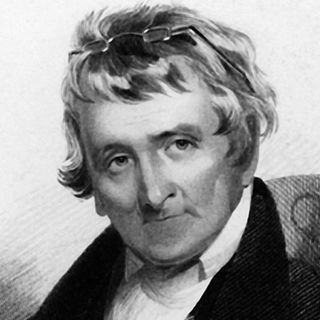A Quote by Joseph Alleine
It is one thing to have sin alarmed only by convictions, and another to have it crucified by converting grace. Many, because they have been troubled in conscience for their sins, think well of their case, miserably mistaking conviction for conversion.
Related Quotes
If, in the case of the worst sinners and those who formerly sinned much against God, when afterwards they believe, the remission of their sins is granted and no one is held back from baptism and grace, how much more, then, should an infant not be held back, who, having but recently been born, has done no sin, except that, born of the flesh according to Adam, he has contracted the contagion of that old death from his first being born. For this very reason does he [an infant] approach more easily to receive the remission of sins: because the sins forgiven him are not his own but those of another
If we let ourselves believe that man began with divine grace, that he forfeited this by sin, and that he can be redeemed only by divine grace through the crucified Christ, then we shall find peace of mind never granted to philosophers. He who cannot believe is cursed, for he reveals by his unbelief that God has not chosen to give him grace.
Sin is not only manifested in certain acts that are forbidden by divine command. Sin also appears in attitudes and dispositions and feelings. Lust and hate are sins as well as adultery and murder. And, in the traditional Christian view, despair and chronic boredom - unaccompanied by any vicious act - are serious sins. They are expressions of man's separation from God, as the ultimate good, meaning, and end of human existence.
Sin! Sin! Thou art a hateful and horrible thing, that abominable thing which God hates. And what wonder? Thou hast insulted His holy majesty; thou hast bereaved Him of beloved children; thou hast crucified the Son of His infinite love; thou hast vexed His gracious Spirit; thou hast defied His power; thou hast despised His grace; and in the body and blood of Jesus, as if that were a common thing, thou hast trodden under foot His matchless mercy. Surely, brethren, the wonder of wonders is, that sin is not that abominable thing which we also hate.
Sometimes men and women prefer the darkness to the light because they are attached to their sins. Nevertheless it is only by opening oneself to the light and only by sincerely confessing one's sins to God that one finds true peace and true joy. It is therefore important to receive the Sacrament of Penance regularly, especially during Lent, in order to receive the Lord's forgiveness and to intensify our process of conversion.



































